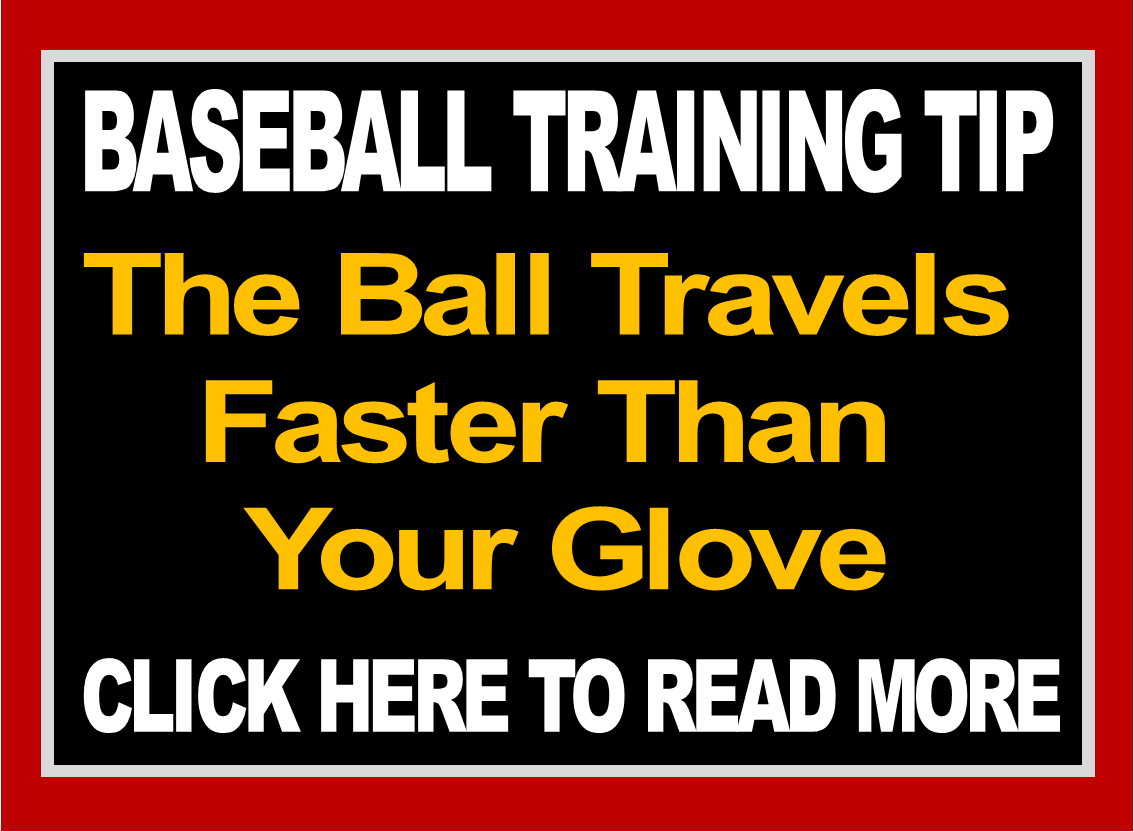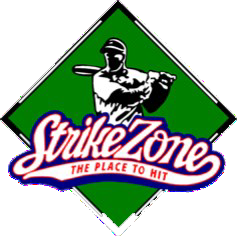
05 Apr The Ball Travels Faster Than Your Glove
Posted at 15:28h
in Uncategorized
When the game gets faster at each higher level, the smaller details of every play become magnified. Minor flaws in a batter’s swing get exposed. Missing your release point by a half an inch causes your curveball to hang. Taking a little too big of a loop around first base causes a runner to be out at second base by a foot.
Today’s post is one of the those little things that can help you or hurt you depending on what side of the ball you are on. It involves two types of plays where the same principle applies. The principle is that a thrown ball will travel faster then the receiving player’s glove/hands. Here are the examples.
Tagging runners at bases. Whether it’s the first baseman receiving a pickoff throw from the pitcher or a catch and tag play on a steal attempt at second or third, fielders should allow the throw to travel all the way to their glove instead of reaching out to catch the ball. Letting the throw come to them allows the fielder to take the ball straight down on the tag as opposed to having to bring the glove back AND down in order to make the tag. The straight down option is faster because the ball will travel faster than your ability to bring the glove back after the catch. These pictures show the difference.
Allowing the throw to continue a little farther cuts the distance the glove needs to travel after the catch. Shorter distances mean quicker tags.
A catcher’s transition from catching to throwing. When teaching catchers how to throw down to second base on steal attempts, coaches must work on both the footwork and the hand/glove work. Both are important to master. Their speeds have to be in-sinc as well. Fast hands coupled with slow feet will cause problems. The same is true with fast feet and slow hands. To speed the hands up, catchers can learn from what was explained above by letting the pitch travel a little farther towards them instead of reaching out for the ball on the catch. These pictures show the difference.
When a catcher allows the pitch to travel a little farther, his glove has a shorter distance to travel on the way back to the throwing hand. Once again, a shorter distance means less time.
“Baseball is a game of inches.” Taking care of these little things can get some of those inches on your side.







